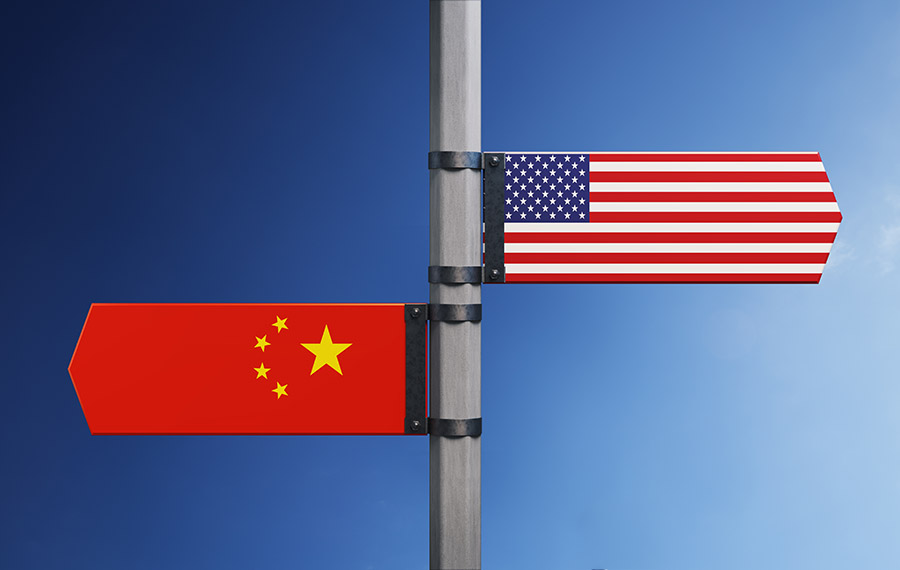
An Gang, Adjunct Fellow, Center for International Security and Strategy, Tsinghua University
Jul 19, 2019
The open letter signed by US experts and scholars gives a voice to some of the cooler heads in China-US relations. But closer reading indicates that a serious and powerful challenge to Trump’s fundamental China strategy is still lacking in the US.

Chen Dongxiao, President, Shanghai Institutes for International Studies
Jul 17, 2019
Though their G20 Osaka summit meeting made headlines for its positive signals, President Xi and President Trump still must address three key areas for policy coordination: mitigating the global impact of financial innovation, balancing their scientific and technological cooperation with their respective national security concerns, and addressing the trend towards weaponizing trade and international finance.
Zhang Yun, Professor, School of International Relations, Nanjing University
Jul 05, 2019
Many observers believe the US has already begun a new cold war via comprehensive containment of China. But in recent decades, US elites have debated back and forth on the positive or negative implications of Chinese power. Today’s tensions are serious, but not unprecedented.

Jeffrey D. Sachs, Economist and University Professor, Columbia
Jul 04, 2019
The US-China trade truce is welcome news, but far from a resolution. To overcome the various uncertainties and structural challenges within the US-China relationship, we should turn this truce to a longer-term effort to restore trust, normal economic relations, and a strengthening of multilateralism.
Shi Yinhong, Professor, Renmin University
Jul 03, 2019
The stark present of Sino-US distrust is a far cry from the nostalgic past of China-US cooperation since the Nixon era. Nonetheless, China’s deepening domestic reforms and revised strategic outlook bode well for the future — but will the US get the message?
Tao Wenzhao, Honorary Member of the Chinese Academy of Social Sciences; Fellow, CASS Institute of American Studies
Jun 26, 2019
Amid trade war and perceived China-US disagreement, silver linings are often ignored. But outside of Washington and Beijing, Sino-US cooperation is thriving at the local and private level, while China’s commitment to reform provides a stable foundation for the bilateral relationship.
Cui Liru, Former President, China Institutes of Contemporary International Relations
Jun 21, 2019
The trade war is only the latest twist in a tangled China-US relationship. For the two sides to find common ground, the US must accept China’s rise to superpower status on an equal footing, and China should acknowledge the post-World War II order that the US built.
Tom Watkins, President and CEO of the Economic Council of Palm Beach County, FL
Jun 13, 2019
Whining about China and starting a unilateral trade war is not a winning strategy. If China stumbles, the world will tumble.
Back to Top

- China-US Focus builds trust and understanding between the U.S. and China through open dialogue among thought leaders.
- Our Offerings
- Topics
- Videos
- Podcasts
- Columnists
- Research Reports
- Focus Digest
- Stay Connected
-
Thanks for signing up!
- Get the latest stories from China-US Focus weekly.